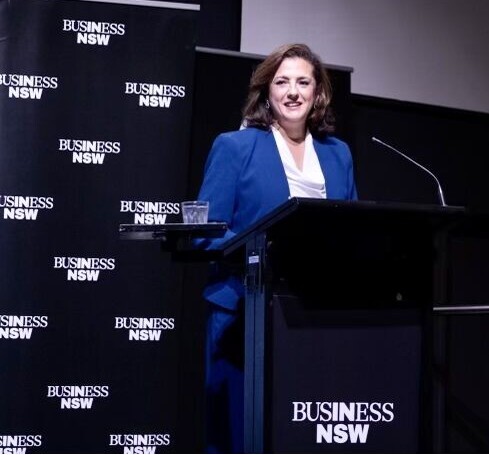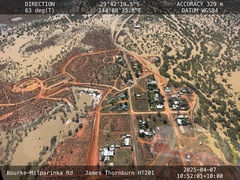Labor advocates raising minimum wage above inflation
Ailish Dwyer
09 April 2025, 3:10 AM
 Changes to minimum wages can flow on to higher paid employees.
Changes to minimum wages can flow on to higher paid employees.Earlier this month, the Federal Labor Government called for another increase to minimum wage in a submission to the Fair Work Commission (FWC).
Their proposal would benefit about three million workers across Australia, including retail workers, cleaners and early childhood educators.
Labor said an increase in wages "should be consistent with inflation" while "providing further relief to lower income workers who continue to face cost of living pressures."
But an increase to wages could have unprecedented impact on businesses, especially small ones - and in turn hurt the workers the measure is intended to help.
Small Business Loans Australia held a representative panel of 200 business owners and decision-makers to assess the changes in industrial relations (IR) reforms over the past two years.
They found 64 per cent of businesses reported that IR changes have made business more difficult for them.
Of all the reforms, the 5.2 per cent increase in minimum wage was ranked as the most burdensome by 28 per cent of businesses.
When asked why the IR reforms made business more difficult, 24 per cent of respondents said they made it harder for their company to grow, while 23 per cent reported reforms made it harder to remove toxic or underperforming employees.
20 per cent said the changes made it difficult to afford employees altogether.
Business NSW, the peak body representing 48,000 businesses across the state, releases a quarterly Business Conditions Report.

Paula Martin, Business NSW
The latest reports shows the top three concerns amongst businesses in NSW currently are rising energy costs, increased insurance costs, and red tape, while wages was the fifth most common concern.
Executive Director for Regional NSW at Business NSW, Paula Martin, said businesses would obviously have to factor any changes in wages into expenditure, and while all businesses would feel the effects of a wage increase regional Australia would feel it more immediately.
"In regional Australia, a good proportion of business owners are over 55, and increased cost could mean a closure or a sale, so potentially that business is not passed on. And that impacts how buoyant the economy is.
"People are already dealing with the cost of distance, and being more susceptible to weather events. When it comes to keystone contributors any changes in operating model is felt faster in a region due to them being smaller," said Ms Martin.
The Government itself does not control minimum wages and awards—it is the job of the FWC.
However, the FWC receives submissions every year as part of their Annual Wage Review and the Government almost always submits.
While Peter Dutton has stated he also supports an increase to wages, he did not define how much he believed pay should rise.
Ms Martin noted the lead up to a federal election is generally an uncertain time for businesses, especially with the international economic market currently experiencing massive amounts of change. However, she adds that small businesses can still thrive as long as they have the right support.
"One thing we know about small business, they are inherently resilient, and highly innovative. Business will step into the challenge as long as they have the support they need."



